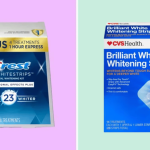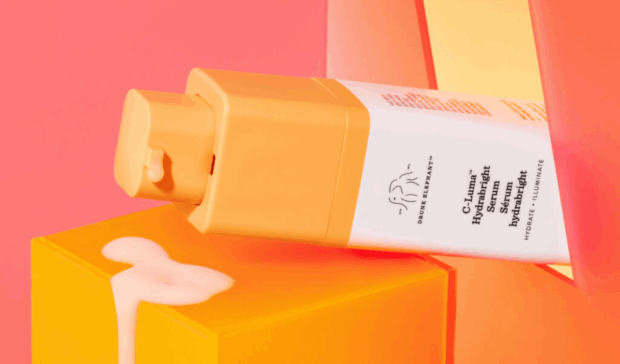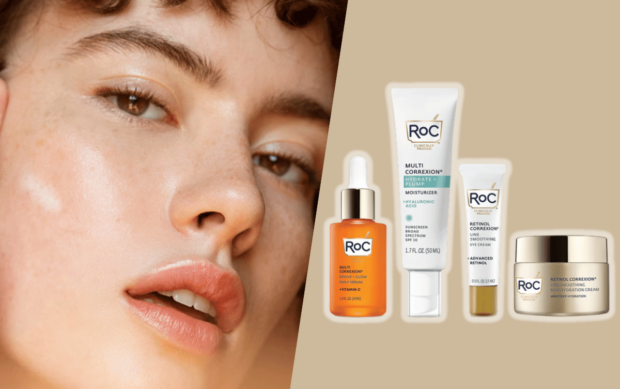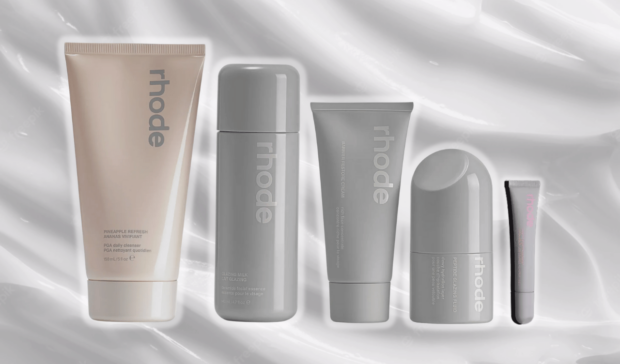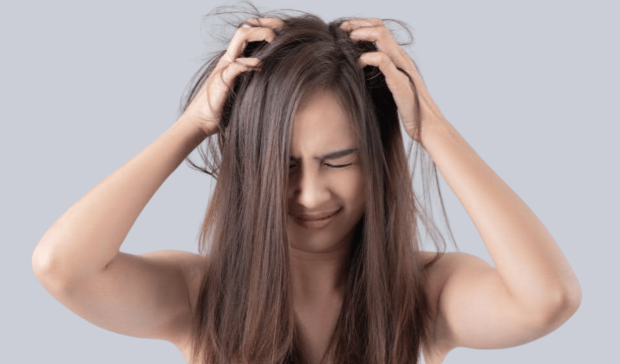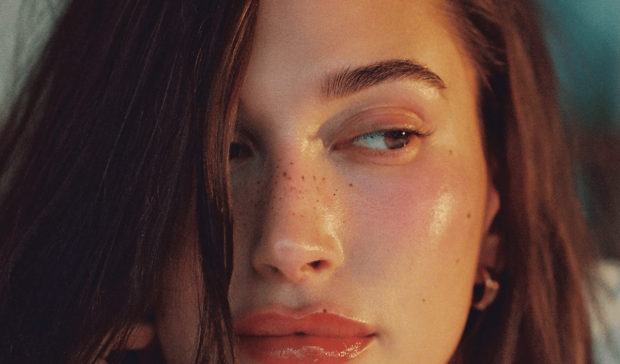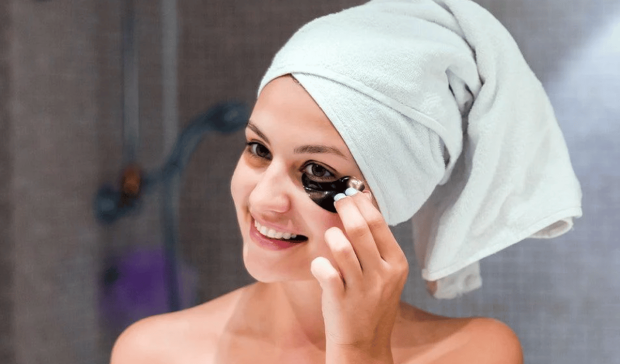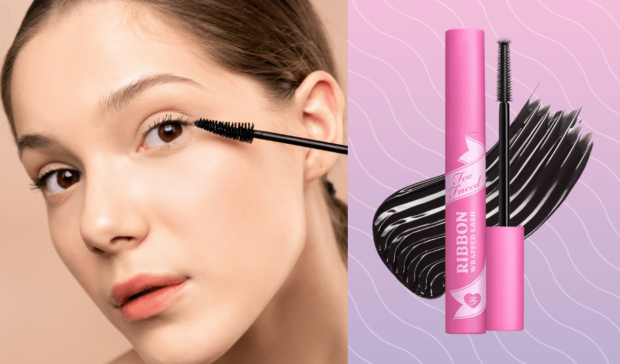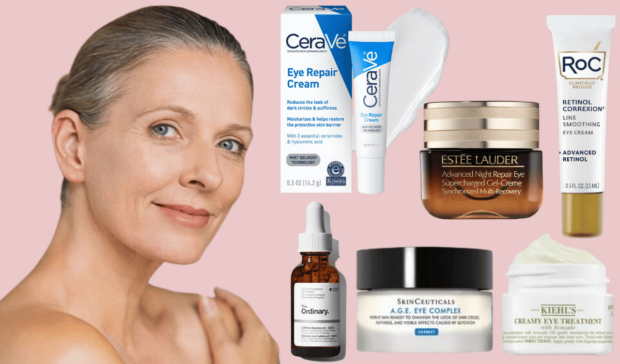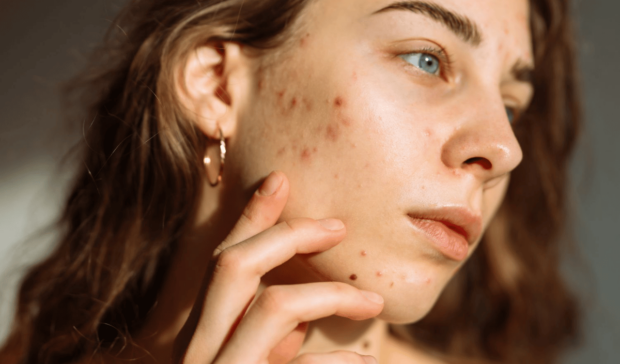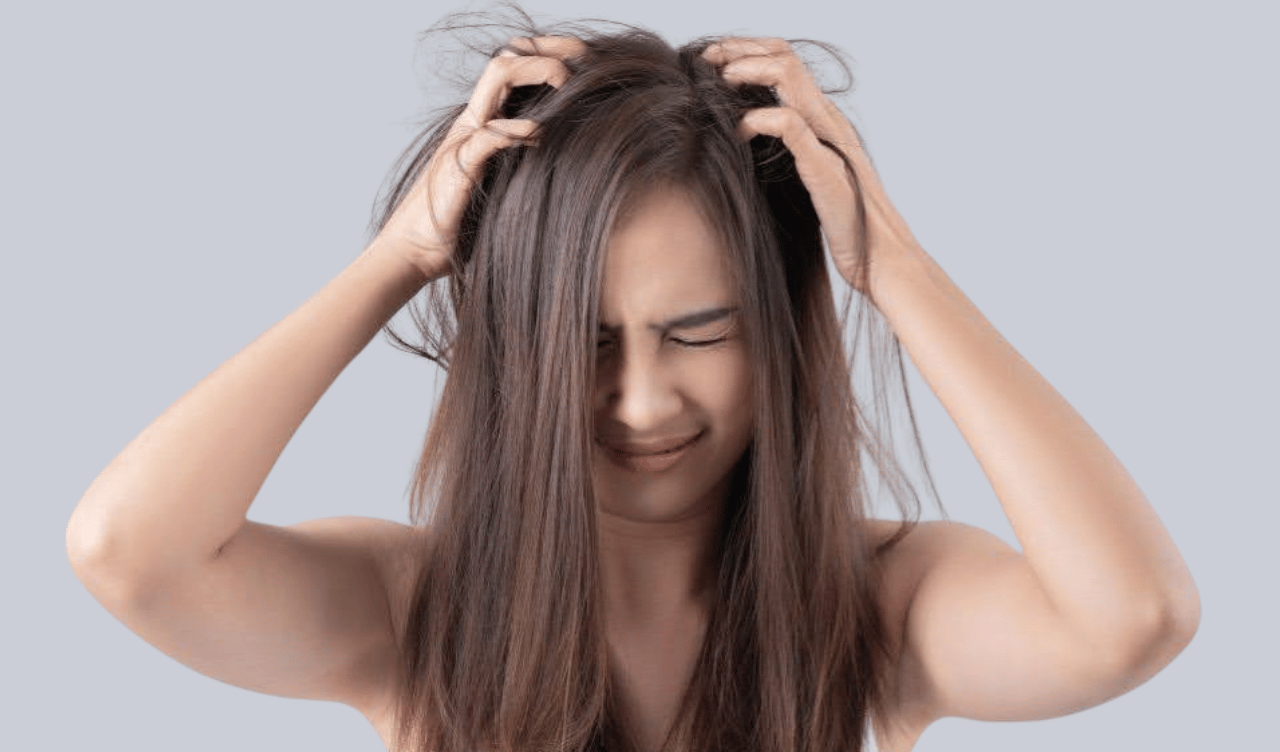
A healthy scalp is the foundation of strong, beautiful hair. Yet, many people deal with a scalp problem at some point in their lives — from dandruff and dryness to oiliness and even scalp acne. These issues not only affect comfort but also play a role in hair loss symptoms, irritation, and overall confidence.The good news? With the right scalp care products and proper understanding, most scalp issues can be managed effectively. In this guide, we’ll break down the most common scalp problems, explore their causes, and share solutions backed by expert recommendations, including the best hair care products and specialized shampoos.
1. Dandruff
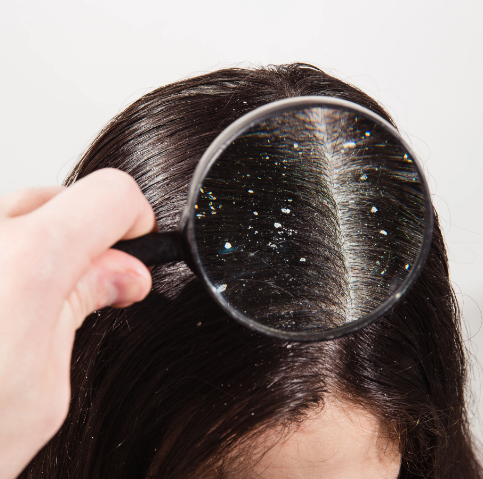
Dandruff is one of the most widespread scalp concerns, affecting millions worldwide. It often shows up as white flakes, itching, and irritation.
Causes
- Overgrowth of Malassezia yeast
- Seborrheic dermatitis
- Harsh ingredients in shampoo that cause hair loss or scalp sensitivity
Solutions
- Use a gentle dandruff shampoo to reduce flakes without over-drying.
- For more persistent cases, try an anti-dandruff shampoo for seborrheic dermatitis, such as Nizoral shampoo (hair loss before and after results are widely shared) or Neutrogena T/Sal Therapeutic Shampoo Scalp Build-Up Control.
- Look for formulas with natural ingredients shampoo and conditioner options that balance the scalp.
Pro Tip: Rotate between a hair shampoo sulfate-free formula and a medicated dandruff treatment to protect your scalp barrier.
Recommended Product
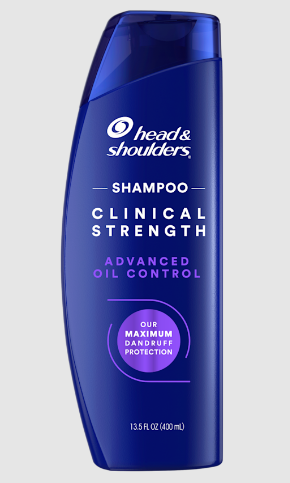 Image Source: Head and Shoulders
Image Source: Head and ShouldersHead & Shoulders Clinical Strength Dandruff Defense Shampoo – Contains selenium sulfide that fights stubborn dandruff.
2. Dry Scalp
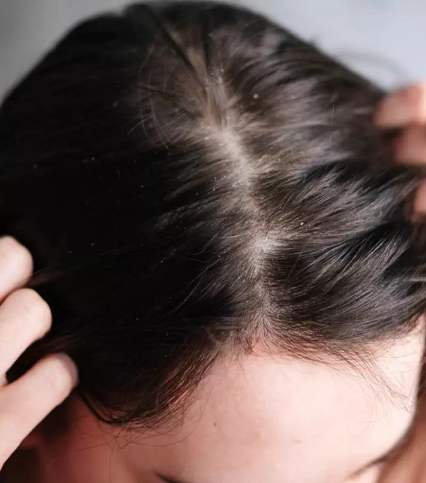
A dry scalp is often mistaken for dandruff, but the two are different. A dry scalp problem usually comes from lack of hydration rather than excess oil or fungal activity.
Causes
-
Cold weather
-
Harsh cleansers
-
Lack of moisture products for curly hair or wavy hair
Solutions
-
Switch to a hydrating shampoo for dry hair or a moisturizing shampoo for wavy hair.
-
Use gentle scalp shampoo with tea tree oil shampoo sulfate-free blends for soothing.
-
Avoid overwashing, and complement your routine with shampoo for moisturizing hair.
Curly hair tends to need more hydration. That’s why targeted moisture products for curly hair can make a big difference.
Recommended Product
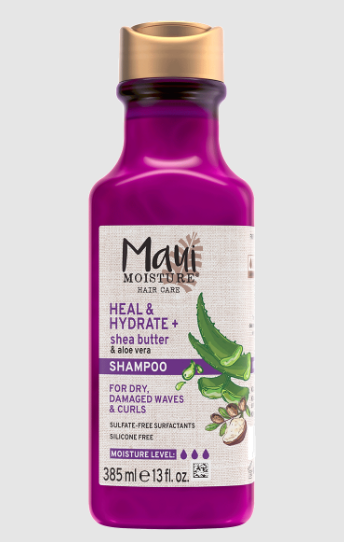 Image Source: Maui Moisture
Image Source: Maui MoistureMaui Moisture Heal & Hydrate and Shea Butter Shampoo – Infused with aloe vera and shea butter for deep hydration.
3. Oily Scalp

An oily scalp can feel greasy hours after washing and may lead to itching or even hair recede concerns over time if follicles get clogged.
Causes
-
Overproduction of sebum
-
Using the wrong hair care products
-
Hormonal changes
Solutions
-
Opt for clarifying options like Paul Mitchell shampoo for oily hair or John Paul Mitchell Systems Tea Tree Special Shampoo.
-
Balance washing frequency — overwashing may worsen oiliness.
-
A tea tree oil shampoo sulfate-free formula can regulate sebum naturally.
The right shampoo makes a huge difference. Many users report better scalp balance with natural ingredients shampoo and conditioner for oily scalps.
Recommended Product
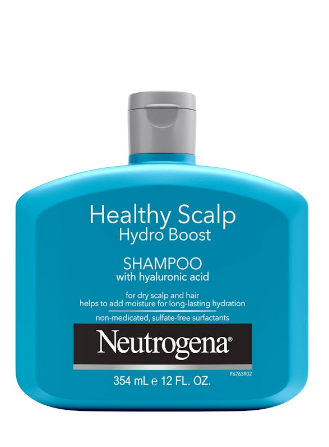 Image Source: Neutrogena
Image Source: NeutrogenaNeutrogena Healthy Scalp Hydro Boost With Hyaluronic Acid Shampoo – Removes buildup and controls oiliness.
4. Scalp Psoriasis
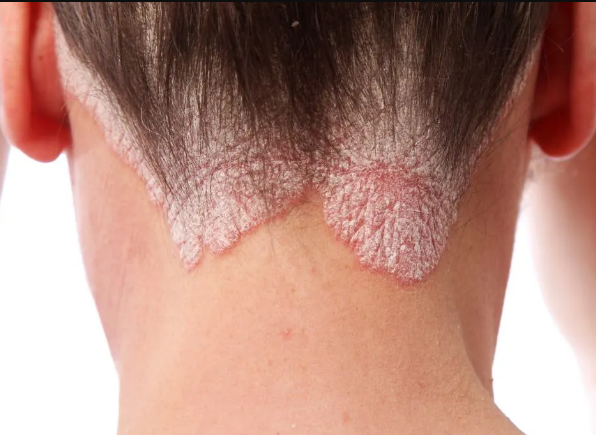
Scalp psoriasis is a chronic scalp problem that leads to thick, scaly patches, itching, and redness. It often requires medical treatment, but supportive care helps.
Causes
-
Autoimmune triggers
-
Genetics
-
Stress and environmental factors
Solutions
-
Dermatologist-prescribed medicated shampoos.
-
Supportive gentle dandruff shampoo or gentle scalp shampoo to ease irritation.
-
Moisturizing with shampoo for moisturizing hair that won’t strip the scalp barrier.
For severe cases, treatment plans may include prescription-strength products or even considering hair transplant procedures if scarring leads to thinning.
Recommended Product
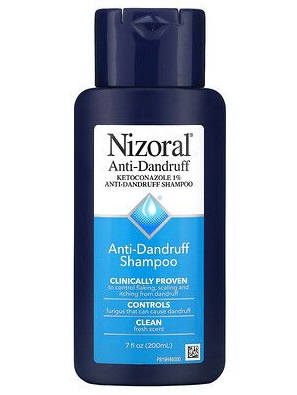 Image Source: Nizoral Anti Dandruff
Image Source: Nizoral Anti DandruffNizoral Scalp Psoriasis Shampoo & Conditioner – Contains ketoconazole to reduce scaling and irritation.
5. Folliculitis (Scalp Acne)

Folliculitis occurs when hair follicles become inflamed, leading to itchy bumps or pimples on the scalp.
Causes
-
Bacterial or fungal infections
-
Excess oil or sweat build-up
-
Irritation from harsh products
Solutions
-
Medicated hair loss shampoo with ketoconazole to target fungal causes.
-
Gentle cleansing with hair shampoo sulfate-free to avoid worsening irritation.
-
Consistent use of scalp care products designed to soothe inflammation.
In cases where folliculitis leads to shedding, it’s important to distinguish between temporary irritation and true hair loss symptoms.
Recommended Product
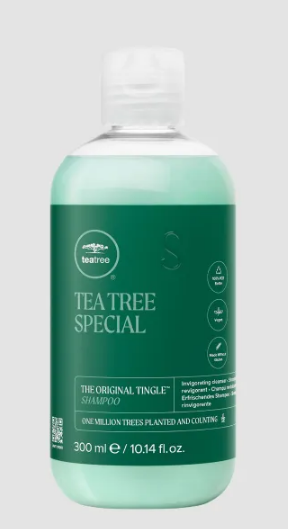 Image Source: Tea Tree
Image Source: Tea TreeTea Tree Special Shampoo by Paul Mitchell – Tea tree oil to cleanse and calm the scalp.
Conclusion
From dandruff to psoriasis, every scalp problem has its unique causes and solutions. The key is to choose the right scalp care products, whether it’s a gentle dandruff shampoo, a hydrating shampoo for dry hair, or targeted treatments like Nizoral shampoo for hair loss before and after results.
Your hair time should be about confidence, not discomfort. If issues persist, consulting a dermatologist is the best step — whether you’re managing flakes, oil, or long-term concerns like hair recede or considering a hair transplant.
FAQs About Scalp Problems
1. What are the most common scalp problems?
Dandruff, dry scalp, oily scalp, scalp psoriasis, and folliculitis are the most common scalp problems.
2. Can an ingredient in shampoo cause hair loss?
Yes. Harsh sulfates, parabens, or allergens may irritate the scalp. Switching to hair shampoo sulfate-free options reduces the risk.
3. What’s the best shampoo for dandruff?
A gentle dandruff shampoo works for mild cases, while anti-dandruff shampoo for seborrheic dermatitis like Nizoral or Neutrogena T/Sal Therapeutic Shampoo scalp build-up control can handle more stubborn flakes.
4. How can I treat a dry scalp problem naturally?
Use tea tree oil shampoo sulfate-free, add moisture products for curly hair, and avoid overwashing.
5. What’s the best shampoo for oily scalps?
Products like Paul Mitchell shampoo for oily hair or John Paul Mitchell Systems Tea Tree Special Shampoo balance sebum without stripping.
6. Can scalp psoriasis cause hair loss?
Indirectly, yes. Scratching and inflammation may lead to shedding. Using gentle scalp shampoo and dermatologist-prescribed treatments helps manage symptoms.
7. What if scalp acne doesn’t improve?
Persistent folliculitis may require prescription treatment. In the meantime, hair loss shampoo with ketoconazole can help control fungal causes.
Read More: Best Hair Growth Serum



